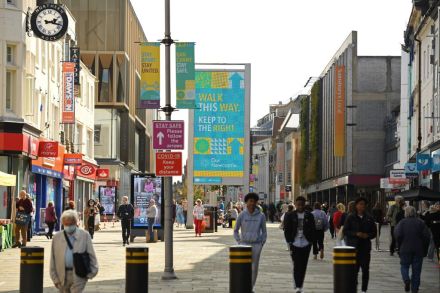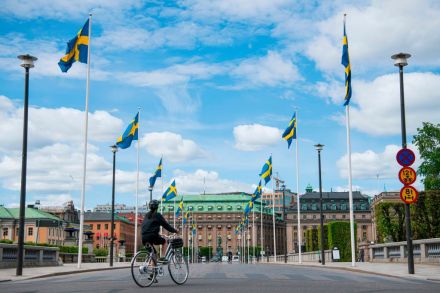How long will it take Britain’s economy to bounce back from Covid?
Britain’s economy experienced a record rebound between July and September, growing 15.5 per cent. But the vast majority of this recovery took place early on – and there are worrying signs that this slowdown has continued in the months since. Towards the end of the summer, monthly growth figures were already starting to disappoint. Despite August being the most open month this year since the pandemic struck, with restrictions on businesses and social gatherings the most liberal they had been since mid-March, growth was only 2.2 per cent, followed by 1.1 per cent in September. This major slowdown shows that the economy can only recover so much while major Covid-19











